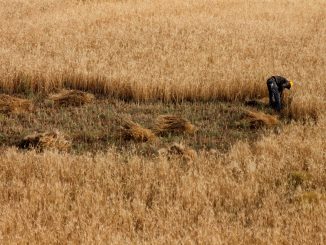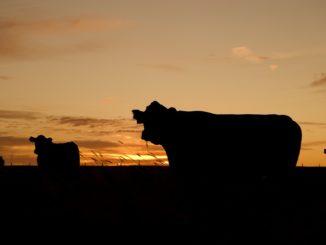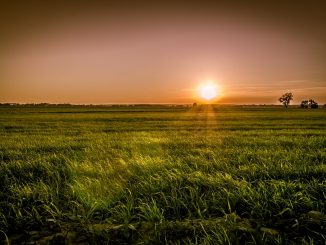By Natasha Foote in Greece
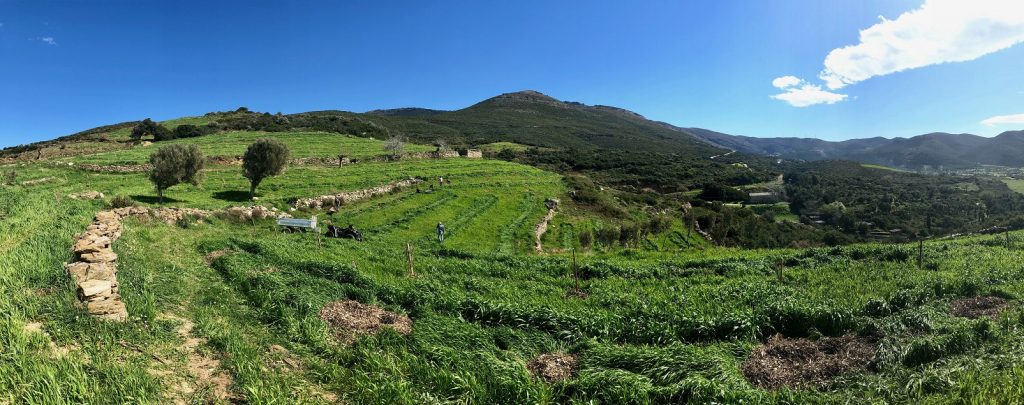
If I started to tell you about the time that an Englishwoman, a Welshman and a Frenchman all got together to start a farm in Greece, you’d be forgiven if you thought it was the start of a joke. But in fact, that’s exactly what happened on a farm on the little known Greek island of Euboea almost exactly a year ago today where, if you come up the hillside on the outskirts of a sleepy village called Styra, you’ll find an unlikely group of people trying to farm in an even more unlikely place.
So welcome indeed to Mazi Farm, a regenerative agroforestry farm run by a team brought together by a common goal – to restore degraded farmland in the Mediterranean.
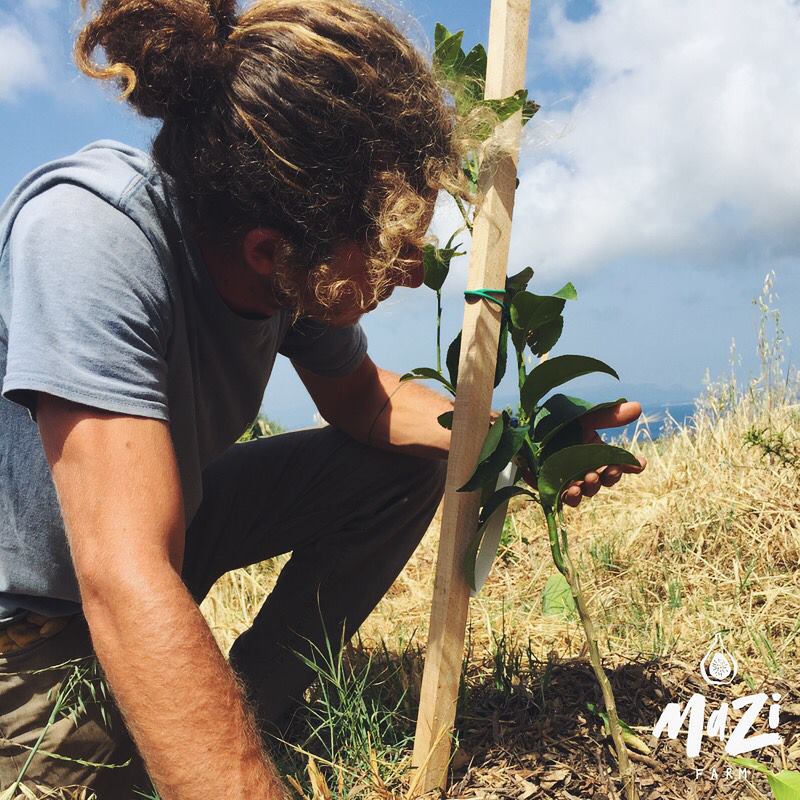
And ‘degraded’ is certainly a good way to describe our land. Shrubby, stony and suffering a severe lack of soil, Mazi’s home in Greece has a long history of land misuse and management, where overgrazing and prevalent fires have left the land in a vulnerable and damaged state. By using regenerative techniques, we are working to restore our land back to its former glory days when the Mediterranean was able to produce high quality, nutritious food from healthy soils. And if that doesn’t sound easy, that would be because it isn’t!
So how did this possibly come about? Well, ‘Mazi’ in Greek means together – and Mazi Farm is the story of how people from multiple nationalities and spanning across generations have come together to create a farm. Mazi Farm was started by the Tsitos family in 2017 who, with an impressive combination of six nationalities between them and after a life moving from country to country, decided instead it was time to reunite and put down roots in the Greek countryside alongside their baby trees.
The rest of the Mazi team have come to agroforestry through different avenues, but have all been drawn to agriculture as the crossroads where so many environmental and social problems lie, combined with a need to escape the drudgery of the city for a chance to reconnect with nature and get stuck into something practical.
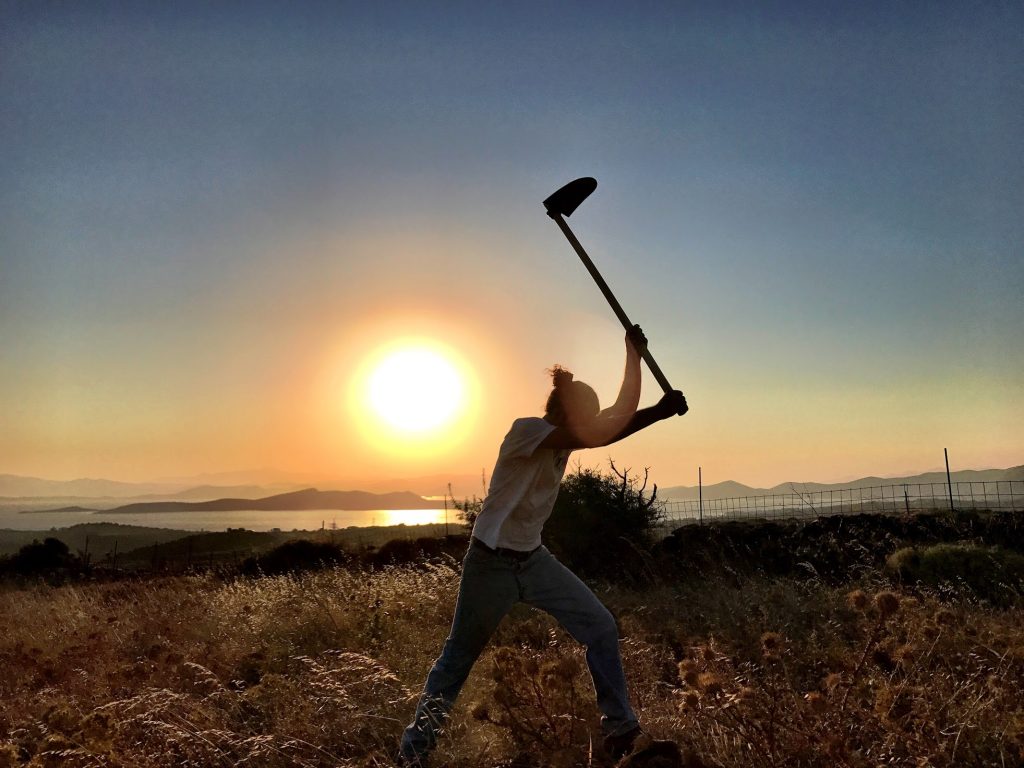
This idea of ‘togetherness’ is also one that extends to our farm practices. At Mazi, we draw inspiration from the ‘syntropic’ model of agriculture, an ecological method of farming which has been developed and popularised by Ernst Gotsch. It involves mimicking nature’s patterns in everything we do, from farm design to management decisions to our crop choices. We work with our farm ecosystem as a whole, concentrating on the ways in which our plants and trees work together to support one another in our system. In this way, we aim to renew existing resources and regenerate damaged ecosystems, instead of depleting or sustaining them.
So what does that mean in practice? Well, this means a number of things. First and foremost, it means a focus on soil building. This includes things like not labouring our soil, the extensive covering of our land with organic matter, choosing perennial crops that do not require soil disturbance, incorporating cover crops and support species and including species with differing root layers which work to break up and aerate the soil.
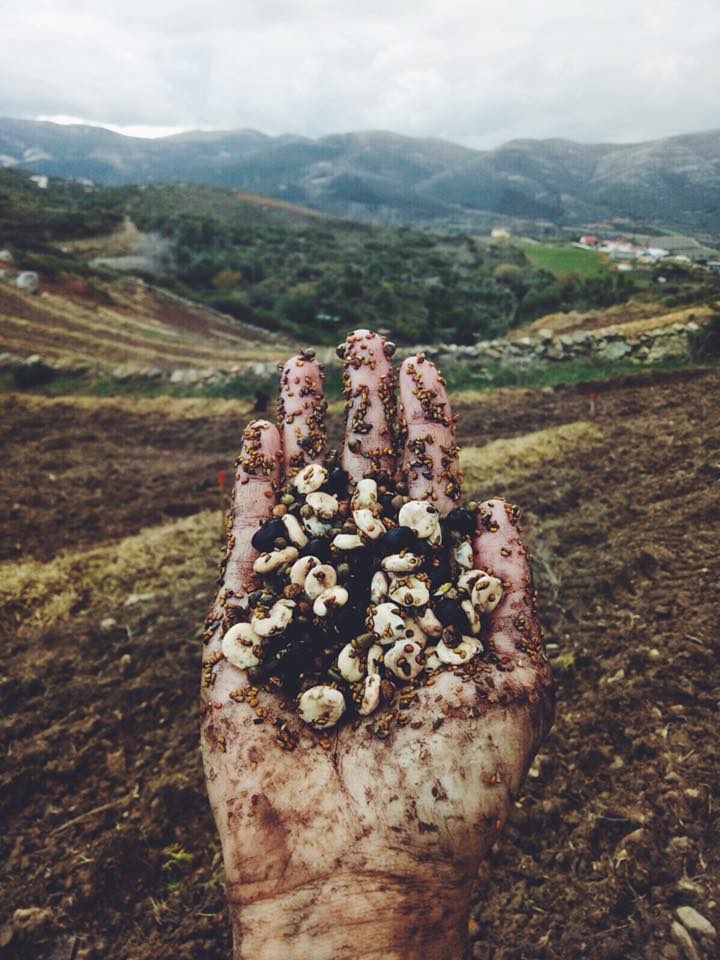
It means harnessing the power of biology, from the tiniest bacteria to holistically grazed animals to help us run our farm, stocking and cycling nutrients for our plants. It means planting a diverse polyculture consisting of pistachios, figs, pomegranates, lemons, almonds, prickly pears, grapes and a whole range of ‘support species’ designed to offer various advantages to our system,such as nitrogen fixing or providing our own on-site organic matter from prunings, ready to be shredded up and integrated into our earth.
One year down the line and it’s safe to say that our first year has been a rollercoaster ride filled with steep learning curves, long days, (literally) thousands of trees planted and many realisations of what life as a farmer actually entails.
The first is the realization that being a farmer means so much more than just growing food. In practice, being a farmer actually means juggling being a businessman, an engineer, an ecologist, a microbiologist, a mechanic, and a (at least semi-) functional human being all at the same time. In fact, a lot of the time you’re not so much as farmer as a problem-solver for huge variety of problems.
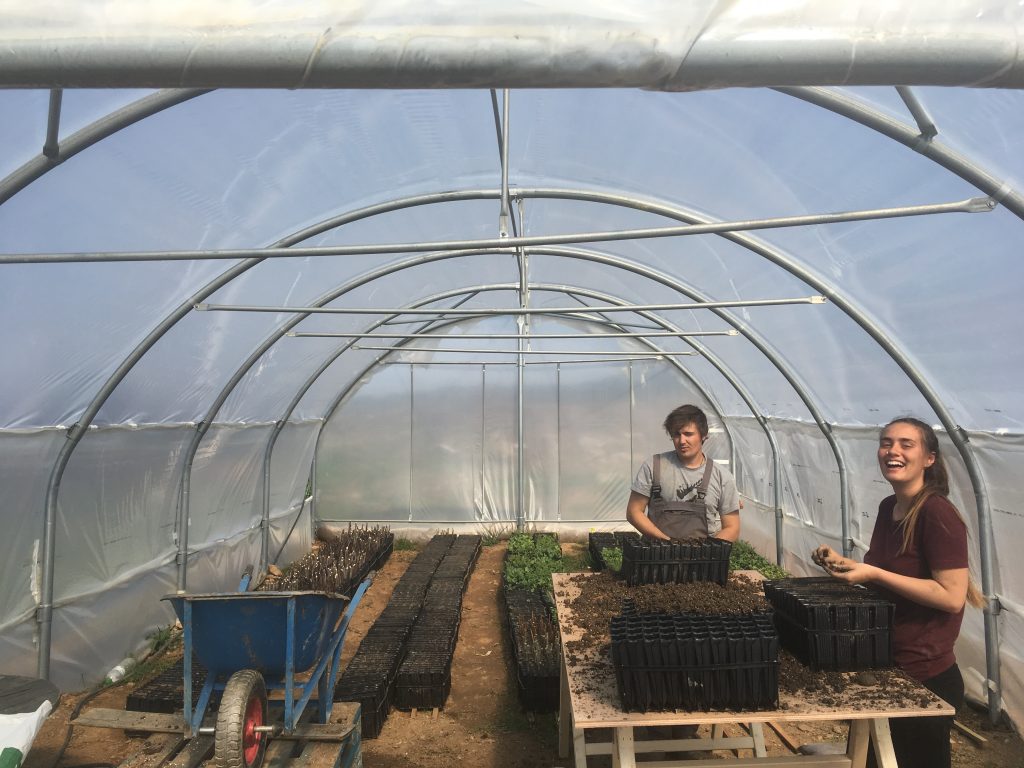
This means that monotony is certainly a word that doesn’t exist in farming, and it’s because of this that I can honestly say there is never a dull moment. I’m not sure there is a ‘typical’ day at Mazi, but on any given day we can be found researching innovative biological amendments and planting techniques, planting trees on the land, making compost tea and studying the life we brew there under our microscope or updating our blog and social media pages that we run. Challenging? Absolutely. But rewarding? Enormously so.
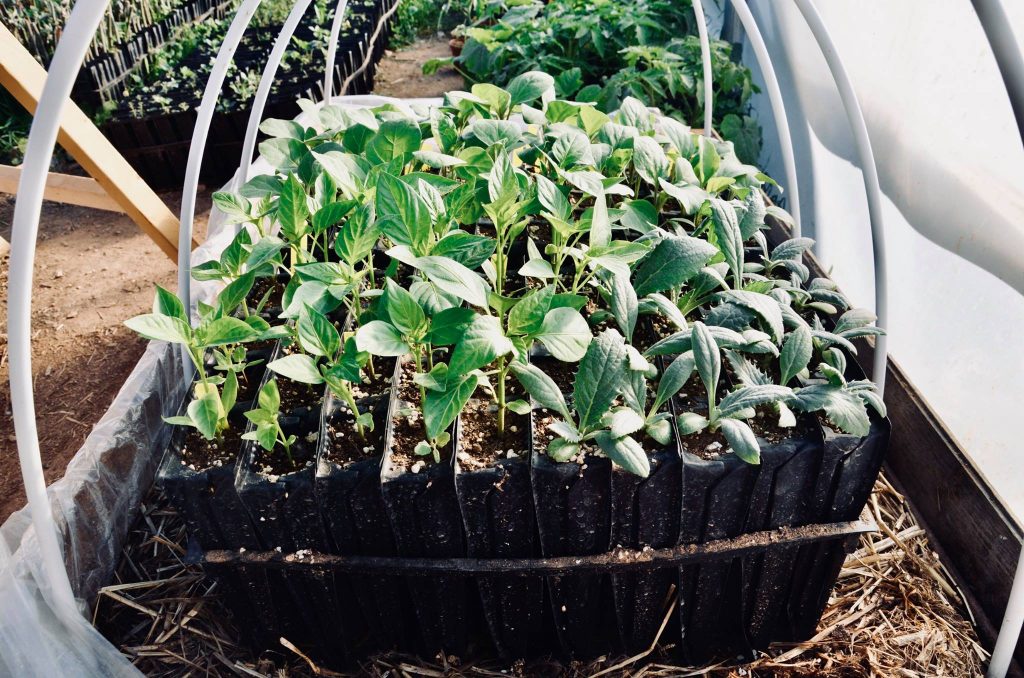
One thing though that we have all benefited from this year is a reconnection with nature. Being English, I can honestly say it was the first time in my life that I was excited to see rain, but seeing the response from the land after the long summer months, seeing the new life sprouting up and watching the trees that we planted grow, has helped me see my environment with new eyes.
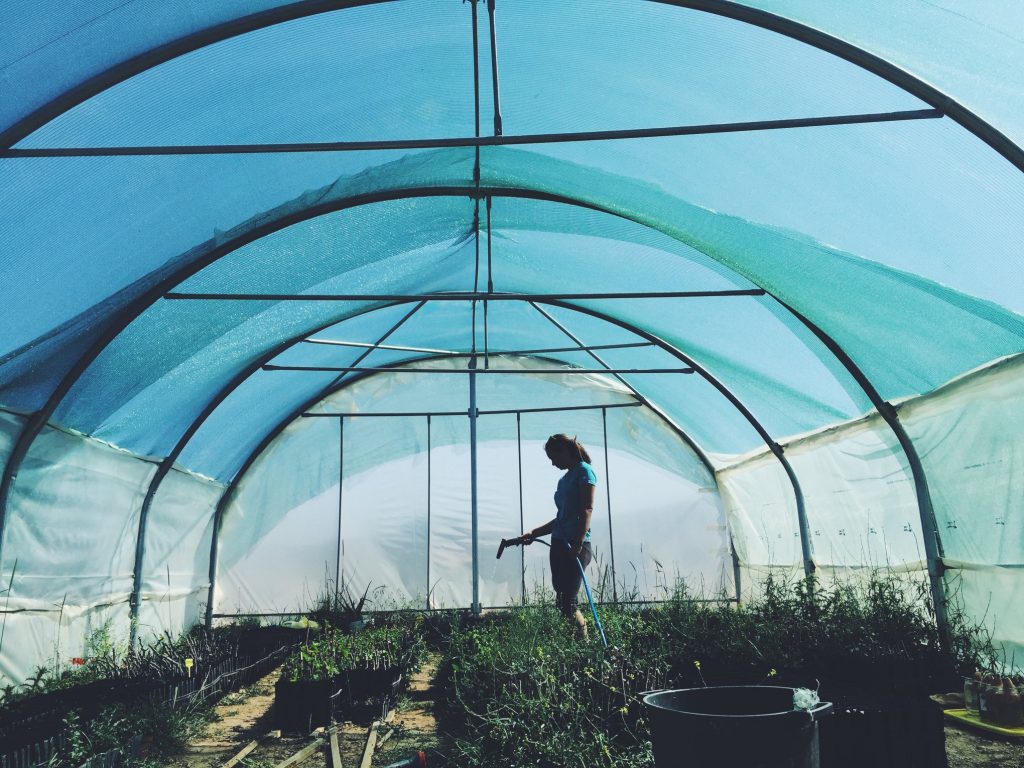
I can honestly say that working with the land, and seeing it transform over the seasons, has transformed our relationship to our environment around us.
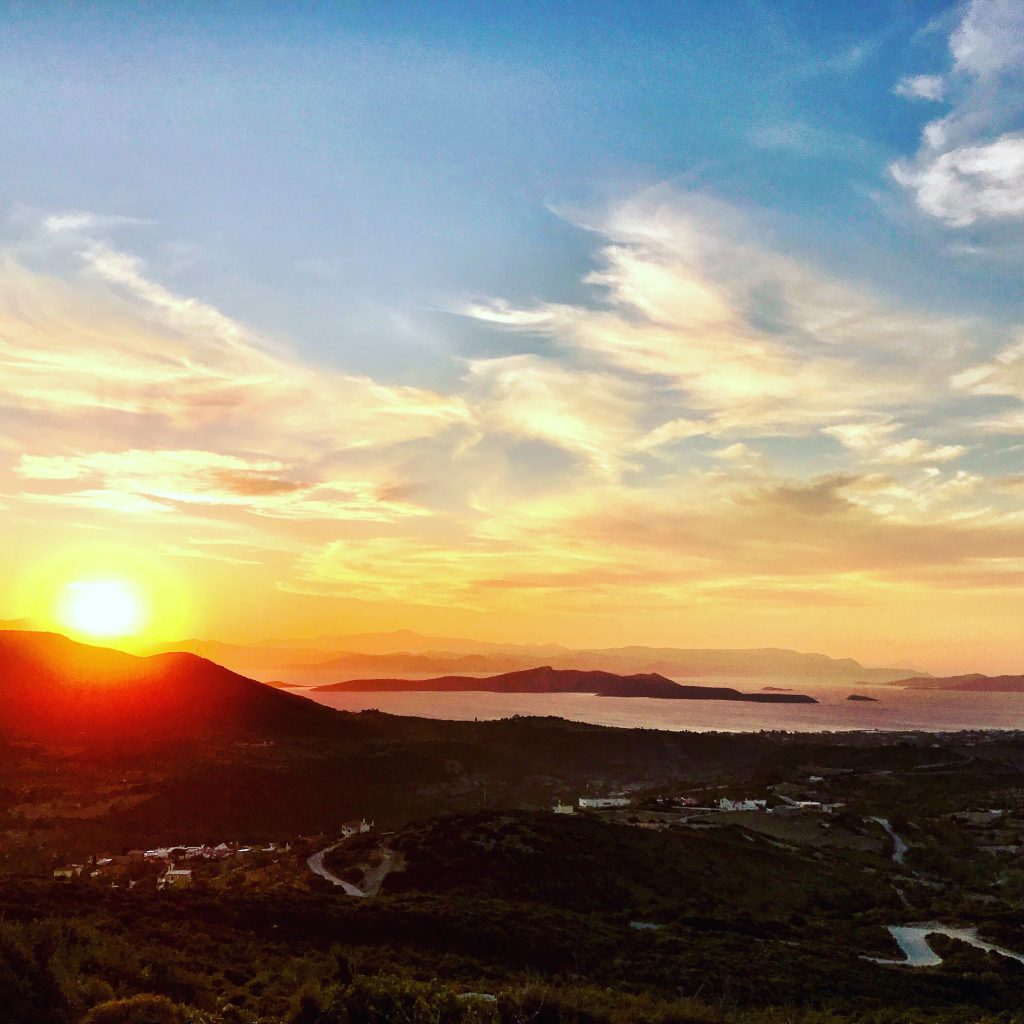
Natasha is currently working on Mazi Farm, an agroforestry project in Greece, where she researches innovative biological techniques and runs their blog in between helping on the farm. She has previously worked with the Pesticide Action Network UK and the Fermes d’Avenir agroecology tour of France before she decided to get stuck into some practical farming experience.
She holds a BSc in Biological Sciences from the University of Bristol and an MA in Environment, Development and Policy from the University of Sussex, where she worked on food issues and alternative approaches to food production.




